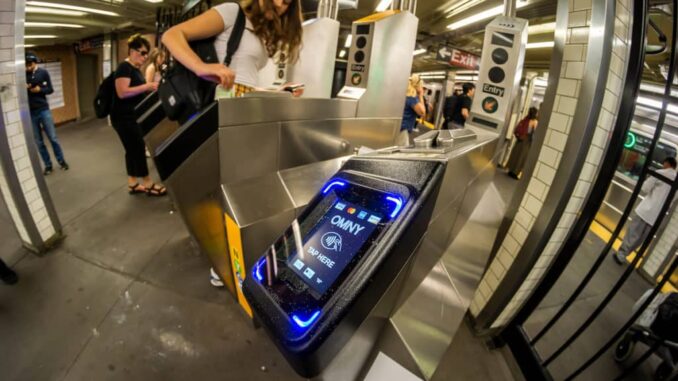
By Allison Dubrow
The Metropolitan Transportation Authority (MTA) has increased the transportation fare from $2.75 to $2.90 starting on Aug. 20 across all subways, buses, and commuter railroads. The increase has been the first since 2015 when it was raised from $2.50 to $2.75. The reduced fare for those who are eligible and express bus fares also rose from $1.35 to $1.45 and $6.75 to $7 respectively.
Ridership on the subway decreased during the coronavirus pandemic and ever since, the MTA has been trying to find ways to bring it back to the way it was pre-COVID. Before the pandemic, the MTA made the decision to increase the fare every two years. However, once the pandemic began, the MTA was able to hold off on raising the base fare in 2021 due to Governor Kathy Hochul providing funds, according to the MTA.
The MTA has stated that “with additional funding from New York State, we are able to keep the fare increase to 4%, rather than 5.5%. The MTA is always working to cut costs to reduce operating expenses and keep fares affordable for customers.”
While the MTA finds the service as affordable as possible, many customers have expressed discontent with the rise in the price. Inflation has already increased the cost of living in New York City, now the rise of the MTA fare is one more thing residents have to worry about. This will especially impact those who have to take the train daily for school and work.
“There’s a give and take, you’re taking more of our money but you’re not giving us more service. You’re not providing a safer space, you’re not providing a cleaner space, if anything we’re getting worse conditions,” said Krystal Alvarado, a recent graduate of Brooklyn College. “That’s actually why I stopped taking the MTA because it got more expensive and it’s not safe.”
The rise in fare follows MTA’s recent decision to increase toll prices for bridges and tunnels on Aug. 6 in an attempt to keep up with inflation and toll instability. For those with E-ZPass, the tolls went from $6.55 to $6.94. According to NBC News, this “represents a 6% increase for drivers with an E-ZPass – while those who don’t have one will see a 10% increase.”
This comes ahead of congestion pricing, which is expected to take effect early next year, enabling tolls south of 96th Street as drivers enter the city. This move stems from the hope of raising money for the MTA and easing traffic and pollution in NYC.
